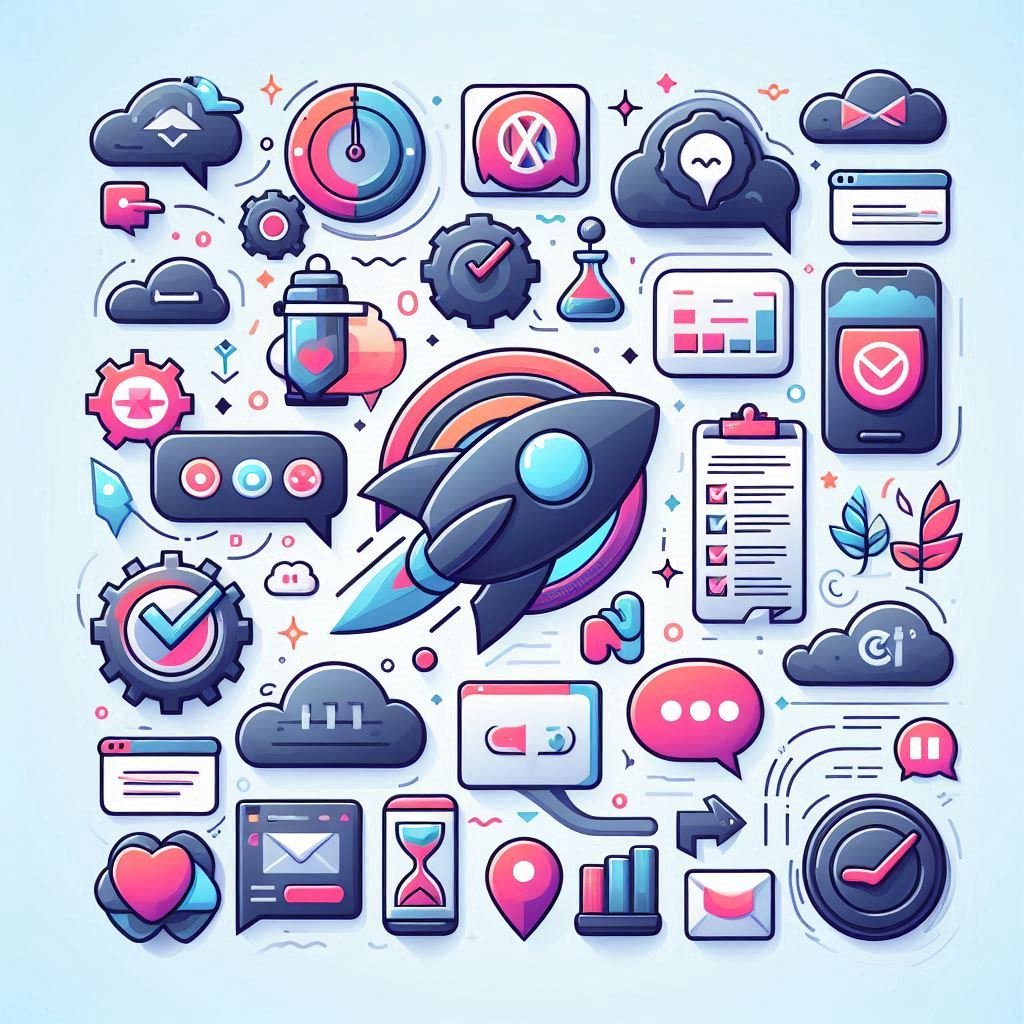Introduction
In the world of software development, testing plays a critical role in ensuring quality, reliability, and performance. As the demand for faster development cycles increases, leveraging AI tools like ChatGPT can significantly streamline the testing process. Below, we’ve compiled a list of the top 10 ChatGPT prompts for software testing that can enhance your workflow, identify issues, and improve the overall efficiency of your testing practices.
1. “Generate Unit Test Cases for [Function/Method Name]”
Unit tests are the first line of defense against bugs in the code. ChatGPT can help by automatically generating unit tests for your functions or methods. By inputting the function’s purpose or code, you can receive test case suggestions that cover a variety of edge cases.
Example Prompt:

“Generate unit test cases for the function that calculates the total price of items in a shopping cart.”
This prompt will provide you with possible test cases, ensuring that your unit tests cover different scenarios.
2. “Suggest Common Test Scenarios for [Feature]”
When testing new features, it’s important to consider different user interactions and potential system responses. ChatGPT can suggest common test scenarios, ensuring you don’t miss critical cases.
Example Prompt:
“Suggest common test scenarios for the user login feature of a web application.”
ChatGPT will list typical and edge cases, like successful login, invalid credentials, session timeout, and more.
3. “Explain How to Perform Regression Testing for [Software/Application]”
Regression testing is vital to ensure that new code changes haven’t broken existing functionality. ChatGPT can provide detailed guidance on how to approach regression testing for your software.
Example Prompt:
“Explain how to perform regression testing for a banking application after a new feature is added.”
ChatGPT can give you a step-by-step approach to testing the modified areas of the software and ensuring nothing else is impacted.
4. “List Tools for Automated Testing in [Technology Stack]”
Automated testing tools can significantly speed up the testing process. ChatGPT can recommend the best tools based on your technology stack, saving you time on research.
Example Prompt:
“List tools for automated testing in a Python/Django web application.”
You’ll get a tailored list of tools like Selenium, Pytest, and others that are ideal for your project’s needs.
5. “How to Perform Load Testing for [Website/Application]?”
Load testing helps to assess how your application behaves under stress, particularly when there is heavy user traffic. ChatGPT can guide you through the process of performing effective load testing.
Example Prompt:
“How to perform load testing for an e-commerce website?”
ChatGPT can suggest testing strategies using tools like Apache JMeter or LoadRunner, including how to simulate real-world user load.
6. “Generate Test Plan for [Feature/Project]”
A well-organized test plan is key to ensuring comprehensive testing. ChatGPT can help you create a test plan that covers all aspects of the software under test.
Example Prompt:
“Generate a test plan for a payment gateway integration in a mobile app.”
ChatGPT will guide you through the process of writing test cases, defining test environments, and identifying specific areas that need attention.
7. “List Possible Edge Cases for [Function/Feature]”
Edge cases often reveal hidden bugs or vulnerabilities that aren’t covered by regular test cases. ChatGPT can help by listing potential edge cases for a given function or feature.
Example Prompt:
“List possible edge cases for a file upload feature in a web application.”
This prompt will generate a variety of edge cases, such as uploading large files, files with unusual characters, or unsupported file formats.
8. “How to Write Performance Test Scenarios for [Feature/Project]?”
Performance testing ensures your software can handle the expected load and perform well under stress. ChatGPT can help you write relevant performance test scenarios.
Example Prompt:
“How to write performance test scenarios for a messaging app that handles real-time chat?”
You’ll receive scenarios that test response times, message delivery under load, and server performance.
9. “Create a Checklist for API Testing”
APIs are integral to many modern applications, and thorough testing is required to ensure they perform correctly. ChatGPT can generate a checklist for comprehensive API testing, which can be used to ensure nothing is missed.
Example Prompt:
“Create a checklist for testing REST APIs in a weather forecast application.”
This will cover validation of endpoints, authentication, response codes, data consistency, and error handling.
10. “Suggest Best Practices for Mobile App Testing”
Mobile applications require specialized testing due to the diversity of devices and screen sizes. ChatGPT can provide mobile-specific testing best practices, guiding you through the unique aspects of mobile testing.
Example Prompt:
“Suggest best practices for testing an Android app on multiple device models.”
This prompt will cover aspects like responsive design, OS version compatibility, battery consumption, and UI testing.
the following resources:
- Top 10 ChatGPT Prompts for Software Testing
- 15+ Best ChatGPT Prompts for Software Testing
- 30+ Best AI/ChatGPT Prompts for Software Testing
Conclusion
Software testing is an essential part of the development process, and leveraging AI tools like ChatGPT can help automate and streamline various testing tasks. By using these top 10 ChatGPT prompts, you can generate unit tests, suggest test scenarios, create comprehensive test plans, and more. As AI continues to advance, integrating tools like ChatGPT into your testing workflow will only become more invaluable, helping you deliver high-quality software faster.


